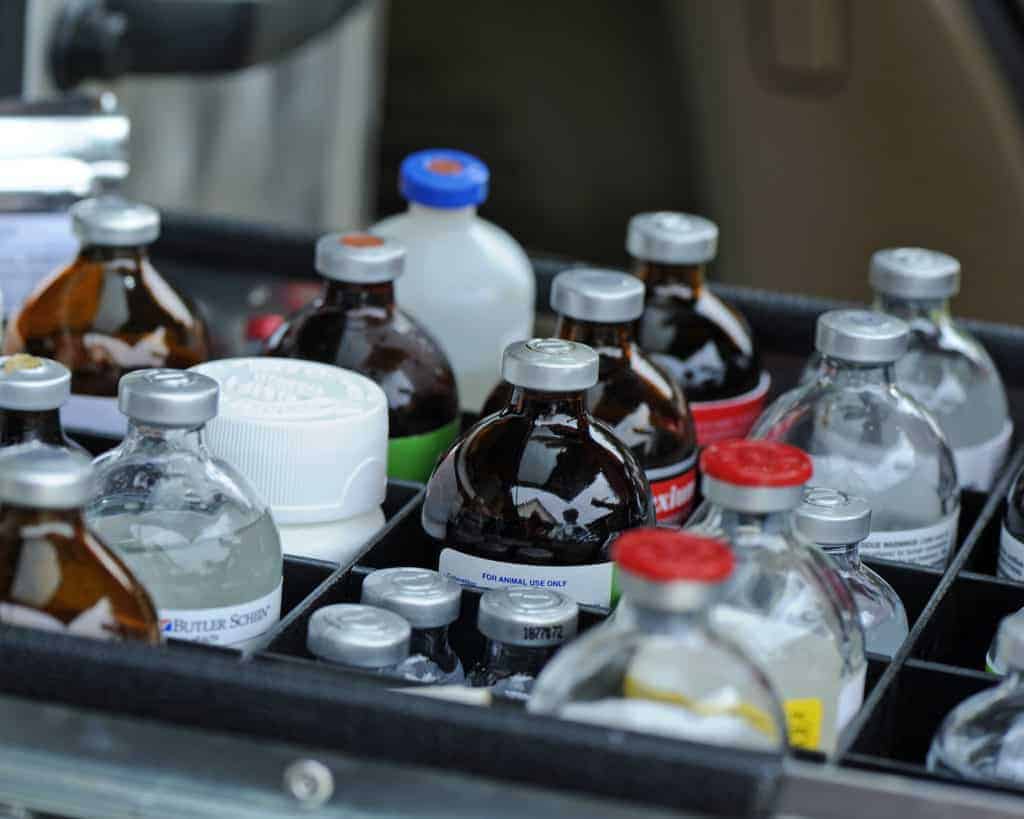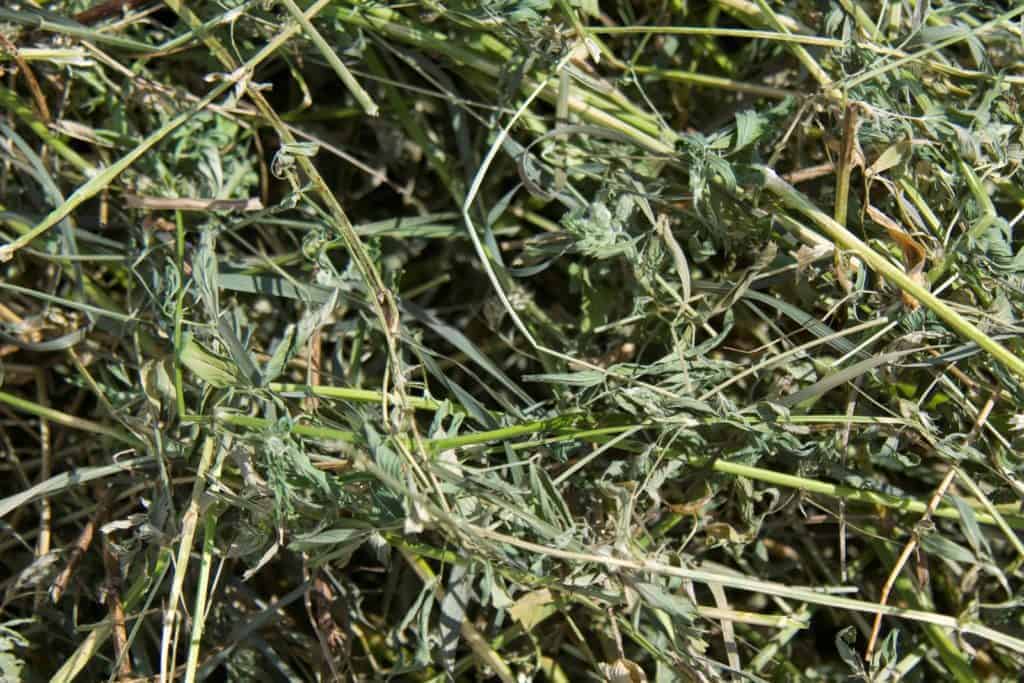Arizona Woman Accused of Maltreating Minis
An Arizona woman is facing multiple animal cruelty charges in connection with allegedly maltreating more than 20 Miniature Horses.
An Arizona woman is facing multiple animal cruelty charges in connection with allegedly maltreating more than 20 Miniature Horses.

Equine metabolic syndrome and Cushing’s disease prevention start from birth and include regular veterinary exams and proper nutrition.

A reader seeks answers about a Caslick’s procedure and how the area should be opened prior to foaling.

Lobbyist Greg Means believes federal action into horse racing medication reform is unlikely, which could be a blow to The Jockey Club’s advocacy for reform and a boon to those who support the continued use of furosemide.

Scientists at the Vetmeduni Vienna recently analyzed whether horses are affected by the sex of their riders, and found that horses had similar stress responses when ridden by male and female riders of comparable riding abilities.

Horse feed milled at plants that also produce other livestock feeds with ionophores could contain a substance which can be toxic to horses.

Get tips on how you and your horse can avoid contracting a tick-borne disease.

Enforcement of Great Britain’s recently announced “zero-tolerance” ban on steroid use in Thoroughbred racehorses could be tricky for American horses running abroad, depending on how testing is conducted

French scientists recently completed a study that showed that paying too little–or too much–attention to a trainer can hinder a horse’s learning ability.

While some prominent trainers called for phasing out use of race-day furosemide in a press release Aug. 1, top horsemen’s groups throughout the country said this week they have not changed their stance in supporting use of the diuretic.

How much do you know about Potomac horse fever? Test your knowledge!

The horse was isolated, treated for EHV-4, and was expected to be discharged Aug. 5.

Racing regulators in the United States sent 340,932 biological samples to various laboratories for testing last year, RCI officials said. The results show 99.65% of the samples had no violation.
The specialty conference brought together animal reproduction researchers. Equine topics included biofilms, reproductive biosecurity, embryo biopsies, and more.

Hay fed to some California horses was not tainted, according to a University of California, Davis, professor, but instead contained a naturally occurring, yet-to-be-identified chemical that made those animals photosensitive.

The team found that, in the same time span, horses consumed more of the offered hay when fed on the ground (60%) versus in the hay grid feeder (48%).
Stay on top of the most recent Horse Health news with
"*" indicates required fields